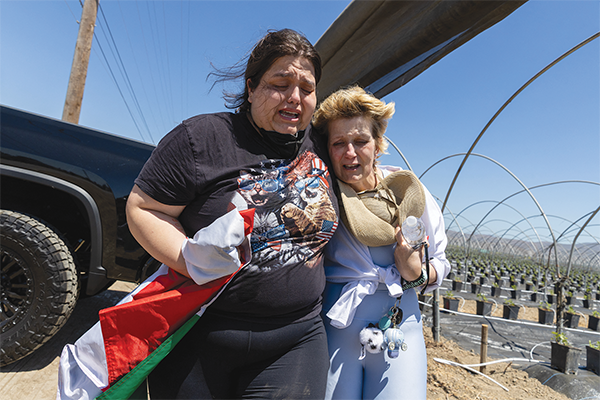THE VAST AGRICULTURAL plain of Ventura County in California, where César Chávez first envisioned the United Farm Workers movement, is no stranger to grassroots activism. When federal immigration officers raided Glass House Farms in Camarillo on July 10, a rapid response network, the 805 Immigrant Coalition, immediately used its text app to mobilize citizens to protest and document the event.
“This is quickly becoming one of the largest operations since President Trump took office,” wrote Homeland Security Secretary Kristi Noem on social media as the chaotic raid unfolded, a raid that ultimately resulted in the death of farmworker Jaime Alanís Garcia.
Read the Full Article

Already a subscriber? Login
